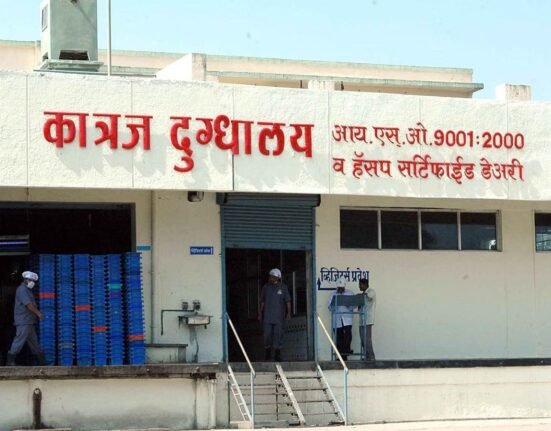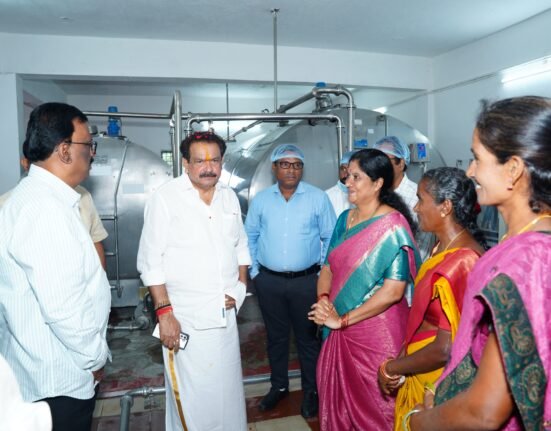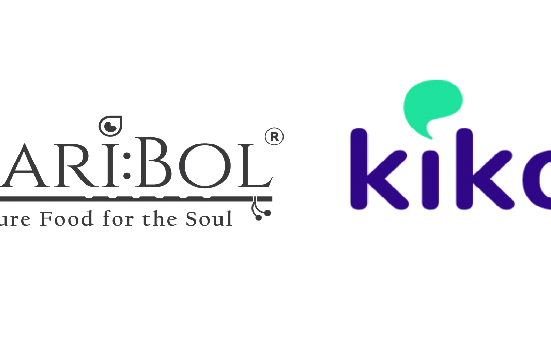Boozy Ice Creams: A High-Growth Global Trend with Potential in India – But Regulatory Clarity Is Key
Globally, alcohol-infused ice creams are gaining popularity as consumers seek unique, indulgent experiences that merge two beloved pleasures: desserts and spirits. Valued at $1.5 billion and growing at a CAGR of 6–7.2%, this segment is fast emerging as a playground for innovation and premium branding.
In the US, companies like BuzzBar and Tipsy Scoop are leading the charge, creating cocktail-inspired frozen desserts that appeal especially to Millennials and Gen Z with their eye-catching presentation and indulgent flavor profiles.
“Restaurants, hotels, and bars are seeking unique, Instagram-worthy offerings,” said BuzzBar CEO Randy Freeman. “And our alcohol-infused desserts are perfect for that moment of indulgence.”
The Science and Allure Behind Boozy Ice Creams
Unlike classic supermarket varieties like Rum & Raisin—which usually carry no real alcohol content—these new-age frozen treats can contain up to 5% ABV. With alcohol lowering the freezing point, the texture is creamier and more gelato-like. Tipsy Scoop, for example, uses super-premium base (16% milk fat) and has created flavors like Cake Batter Martini, Spiked Mint Chocolate Chip, and even Vodka Cotton Candy.
These ice creams are positioned as premium desserts, often sold through bars, events, D2C platforms, and boutique outlets. The social-media appeal is strong, especially among women aged 21–45, though research suggests scope to grow male engagement as well.
🇮🇳 What It Means for India: Untapped Potential Meets Regulatory Complexity
India, with its booming young demographic, growing appetite for premium and experiential foods, and an evolving cocktail culture, presents an exciting opportunity for alcohol-infused ice creams. Urban consumers are already embracing indulgent formats and social-media-friendly food trends, and this category aligns perfectly with those preferences.
However, the biggest roadblock is regulation.
In India, alcohol is a state subject and distribution is tightly controlled, with varying laws from state to state. The Food Safety and Standards Authority of India (FSSAI) does not currently have a clear category or regulation covering alcohol-infused solid foods like ice cream. Even traditional alcoholic beverages face complex approval and licensing hurdles across different states.
This creates a compliance challenge for anyone trying to manufacture, distribute, or retail alcohol-based desserts. Much like in the US—where franchise costs can vary dramatically due to differing state laws—Indian entrepreneurs would need to navigate excise licenses, labeling requirements, and distribution approvals across states like Maharashtra, Karnataka, and Delhi.
Moreover, marketing alcohol-related products in India is also restricted. This would limit D2C advertising or influencer campaigns—often the lifeblood of such trends in the US.
India Needs Regulatory Clarity to Innovate in This Space
To unlock the full potential of this category, Indian regulators would need to:
- Define legal parameters for alcohol-infused food products
- Create labelling guidelines (including age-related warnings and ABV content)
- Clarify licensing rules for production and retail
- Allow controlled distribution via licensed foodservice partners (e.g., bars, fine-dine restaurants, and boutique hotels)
States like Goa or Maharashtra—already known for being progressive in their alcohol laws—could serve as test beds for such innovation.
A Sweet Business Opportunity for India’s Food Entrepreneurs
For India’s growing tribe of artisanal ice cream brands, cloud kitchens, and premium dessert cafés, alcohol-infused ice cream could become a seasonal hit or a boutique premium offering—especially in urban centres like Mumbai, Delhi, Bengaluru, and Goa.
With the rise of domestic distilleries producing craft gin, rum, and vodka, collaborations with homegrown spirit brands could mirror the success of Tipsy Scoop’s partnerships in the US.
But first, the road must be cleared of regulatory fog.







